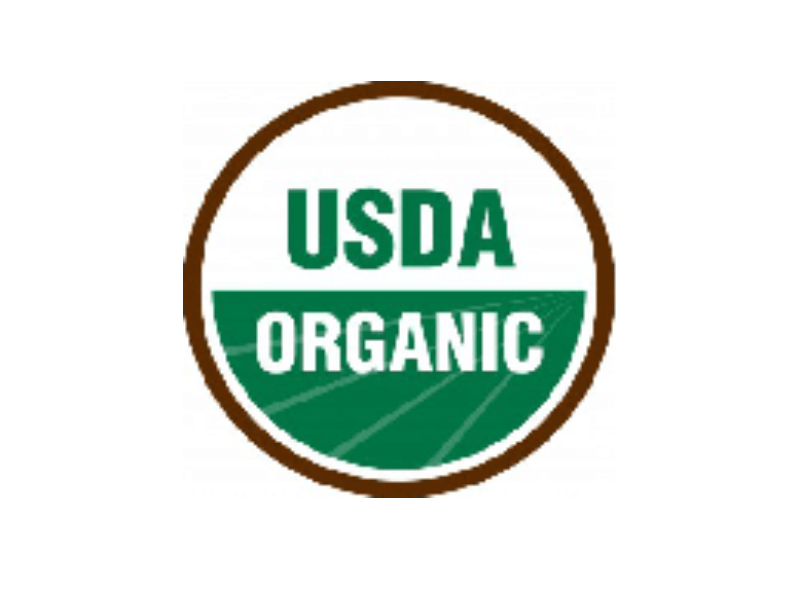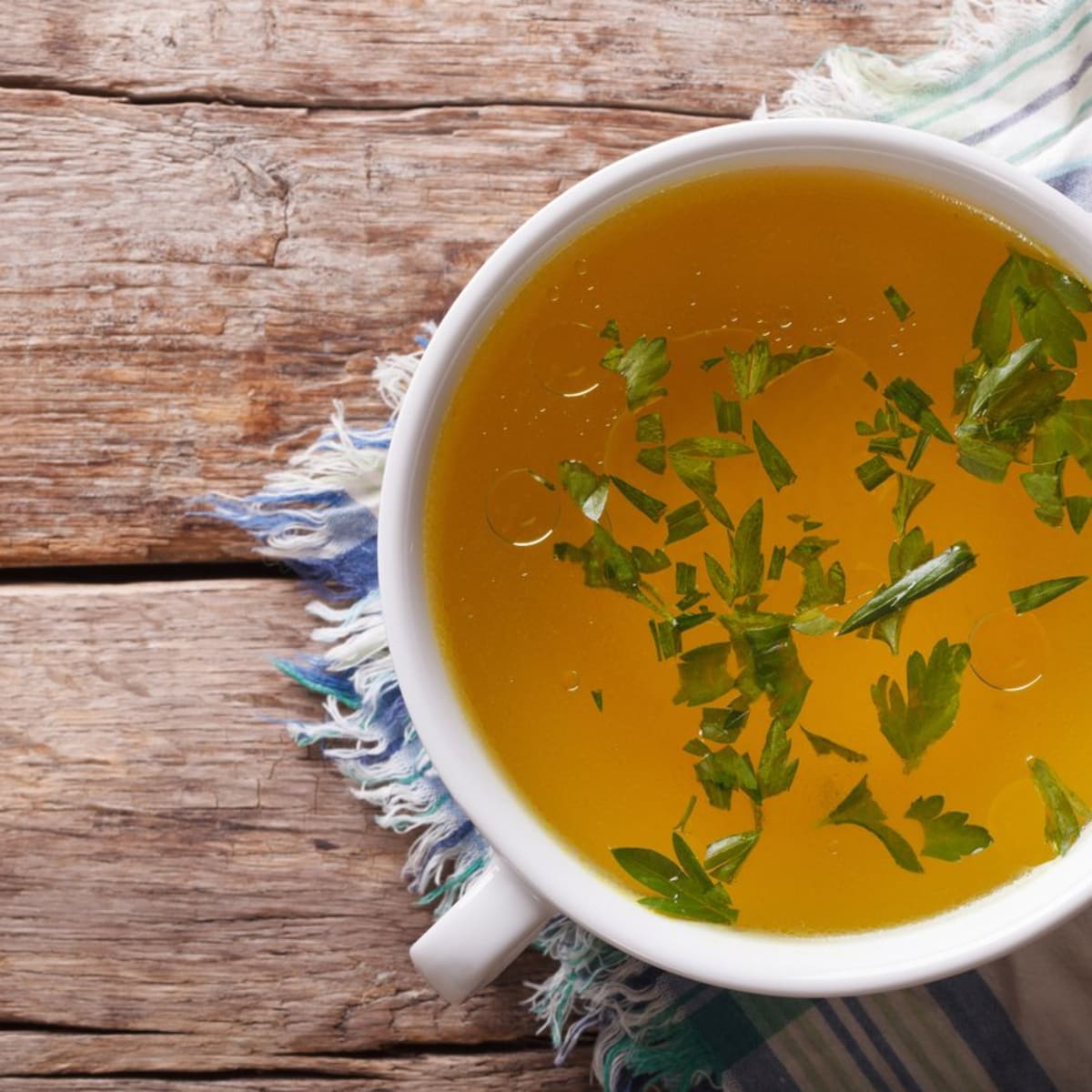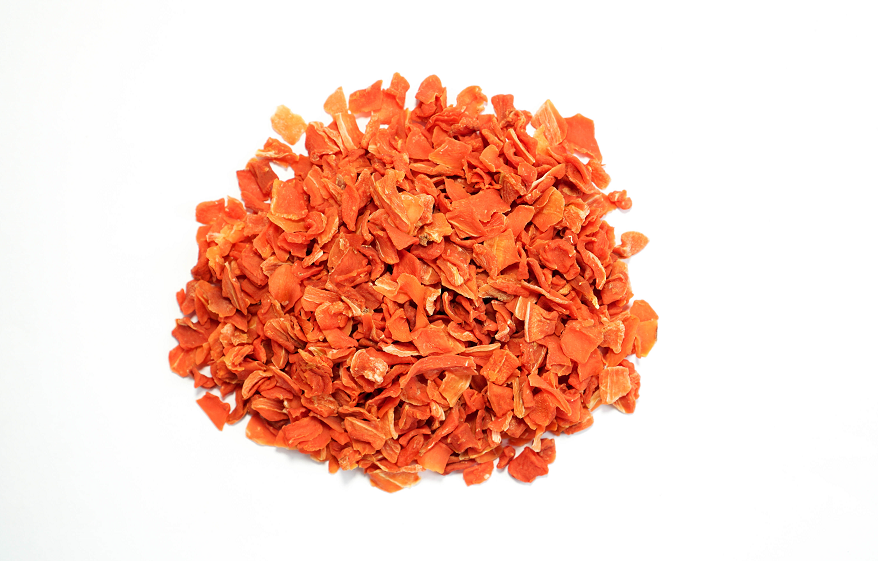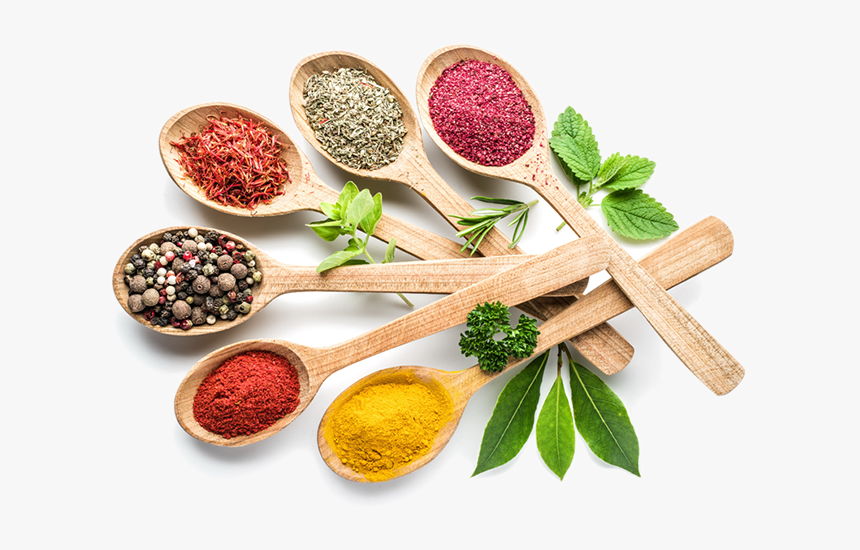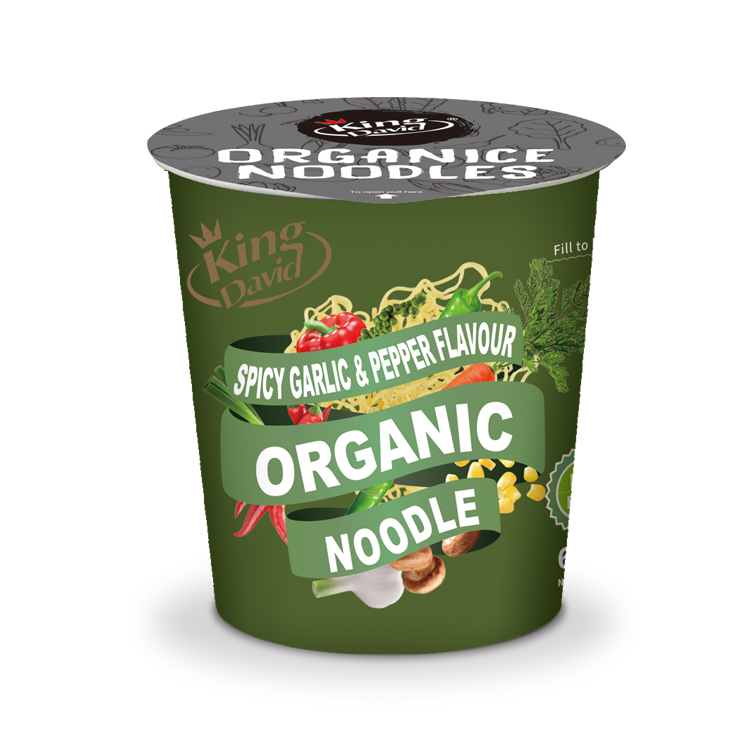What are the requirements for organic agricultural products from production to certification?
1.The use of chemical pesticides, chemical fertilizers and other prohibited substances shall be prohibited in the production base upon the formal organic production;
2.Seeds or seedlings that have not been genetically engineered or treated with chemical pesticides;
3.Production units shall establish long-term plans for land fertilization, plant protection, crop rotation and livestock and poultry breeding;
4.The soil, irrigation water and air of the production base have been tested and meet the relevant requirements of organic production.
5.Crops are not contaminated by chemicals during planting, harvesting, packaging, storage and transportation;
6.It takes 24-36 months for the conversion from conventional planting to organic planting, and 12 months for the new reclaimed wasteland.
7.The whole production process must have a complete agricultural record file, to ensure the source can be traced;
8.Before crops enter the market, they must be certified by an authoritative third-party certification body, issued an "organic product certification certificate" to the production base, and applied for small organic labels to be labeled as qualified organic products.
Secondly, organic food processing certification should meet the following requirements:
1.The raw materials must be certified organic products or pure and pollution-free natural products;
2.The proportion of raw materials certified organic in the final product shall not be less than 95%;
3.Only natural seasonings, pigments and fragrances shall be used as auxiliary raw materials, and synthetic chemical additives shall not be used;
4.The production, processing, storage and transportation of organic food should avoid the contamination of chemical substances;
5.The processing process must have a complete file record, including the use of auxiliary materials, the corresponding notes, etc.

